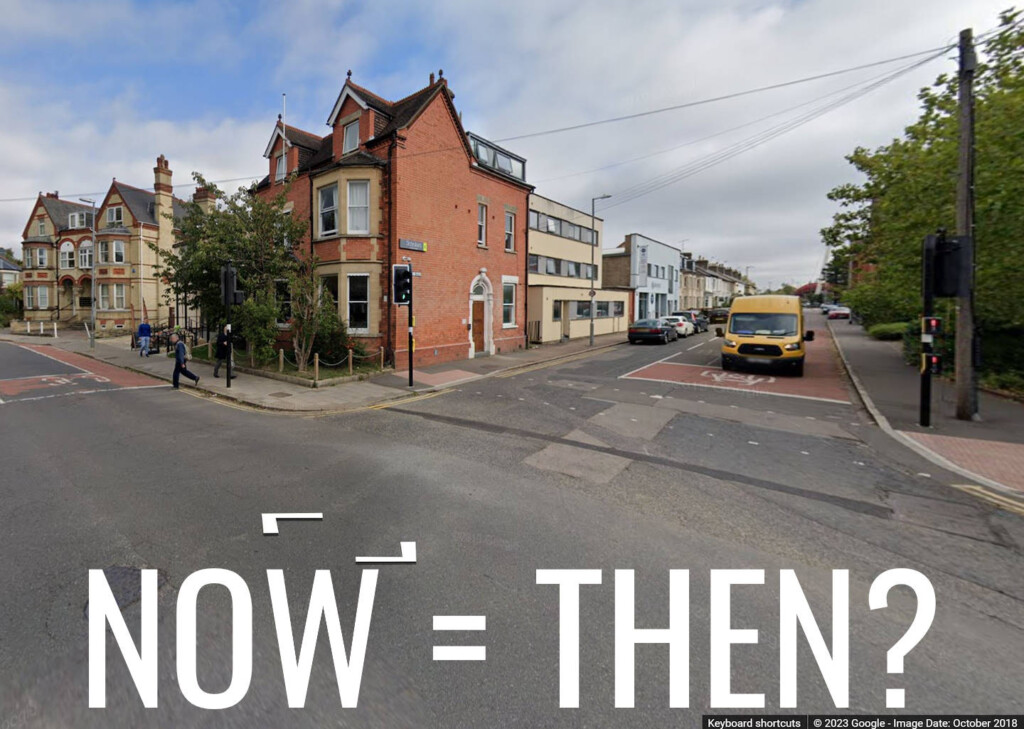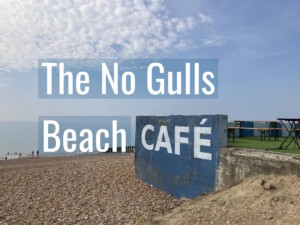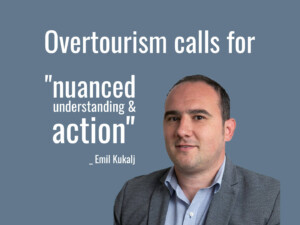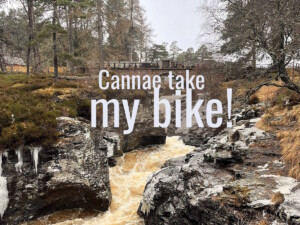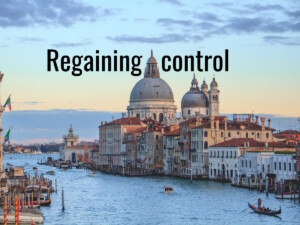Cash, time, or freedom: Travel & tourism is expensive
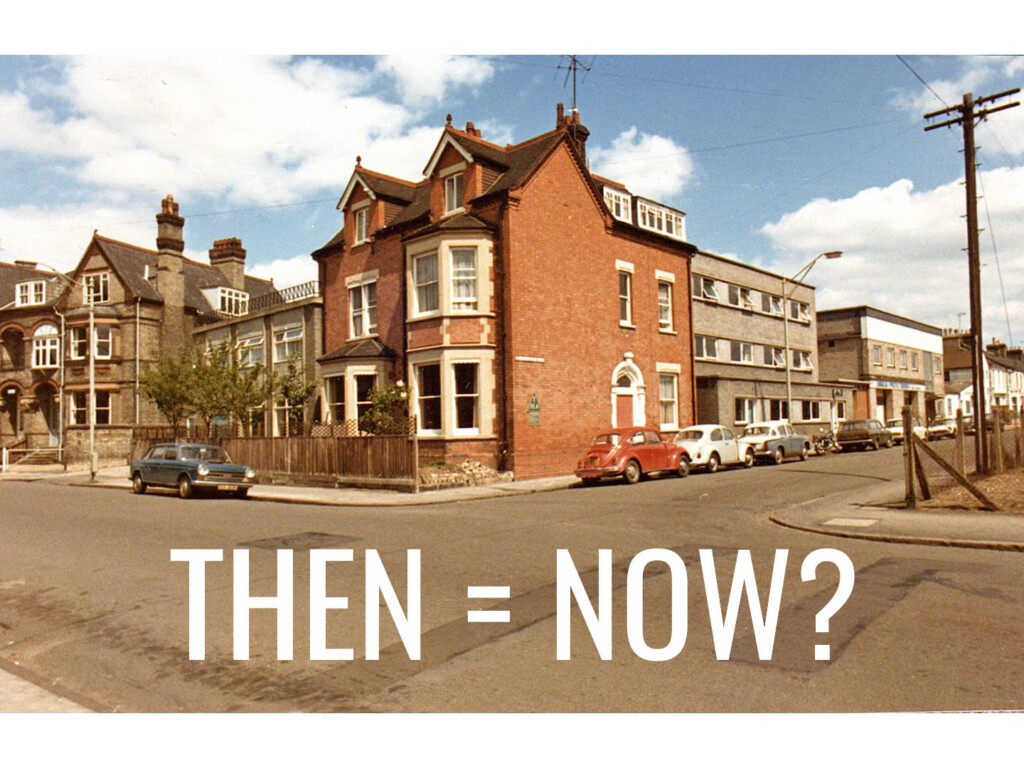
If one can put romantic notions of ‘the good old days’ aside, then one must acknowledge that travel was then, and is now, an elitist pursuit for those with the luxuries of cash, time, and/or freedom. Tourism is expensive.
Our industry has to change, according to Duncan M Simpson. But how?
Mr Simpson shares this “Good Tourism” Insight at the invitation of Tourism’s Horizon: Travel for the Millions, a “GT” Partner. (You too can write a “GT” Insight.)
Contents
A little freedom
I worked at the youth hostel in Cambridge, in 1976. A job for the summer, I said, while I enjoyed a little freedom, before going back to my chosen career.
At Cambridge most visitors arrived on foot, having used a train to get there. Bicycles were popular, sometimes combined with trains. Very few used private cars. The Interrail ticket, offering unlimited travel and the freedom of Europe by train, had begun in 1972.
Most visitors came from Europe, crossing the North Sea by ferry from Scandinavia, Germany, and the Low Countries, as the ‘Benelux’ states of Belgium, Luxembourg, and the Netherlands were then called.
Difficult, expensive, and slow
Others came from what had been the British Dominions (Canada, South Africa, Australia and New Zealand). They were among the few reaching Britain by plane. Air travel remained beyond the pockets of most, except on charter flights or package holidays. Travel, and that kind of freedom, was difficult, expensive, and slow.
Most arrived at the hostel unbooked, hoping they would find a space for the night. If they were unlucky, and they often were at the height of that long, hot summer, they went to a nearby bed and breakfast, or turned their bicycles towards the next hostel, 15 miles (~24 km) up the road.
If bookings had been made, they were usually done by post, an involved and drawn out process, often made without payment, and held on trust until 6pm. If the reservation was not claimed by that time, it was released to anyone else looking for a bed.
The process depended on overwhelming demand, of which there seemed no end. The queue at check-in sometimes stretched down the street.
Telephones were fixed, tethered by cables to the world outside. Guests lined up to use the payphone in the hall. You could hear one side of any conversation. Late at night, Americans waited with handfuls of change to feed that phone. Early mornings were for Australians and New Zealanders.
Slow, raw, and untidy
Our working hours were long, everything done by hand, from washing up and sweeping floors, to balancing money at the end of the day, by adding up columns of hand-written figures, and counting notes, and coins in a drawer.
There was no electronic till. No credit cards. No computers.
No internet. Travel advice was gained talking with others, from conversations around the reception desk or over dining room tables. Guide books were essential. Arthur Frommer’s Europe on 5 dollars a day? supplemented youth hostel handbooks.
There were no mobile phones. No instant connections to home.
The world, and the way we moved, was haphazard. It was slow, raw, and often untidy.
Visitors were fewer and, I’d like to think, more welcome than they are today. Private cars were fewer, the streets emptier, the lights dimmer. Everything moved more slowly.
There were none of the crowds of travel today.
I’d like to think travel was more sustainable, greener, kinder, and offered more freedom than today; freedom like never before nor since.
Don’t miss other “GT” posts tagged ‘mass tourism’
Different now? Not really.
I’m kidding myself. That’s nostalgia.
Tourism was already building into the force it is today. It wasn’t really that different. Sure the numbers taking part have grown vastly bigger. We have cheap flights and many more places where we can stay than were available then.
Cambridge is busier than it ever was then, and way more people visit today.
They arrive, still, by train. They arrive by car. They come from a wider array of nations but they visit the same attractions, like Kings College. They go punting on the river or sit in the sun for a photo on Laundress Green.
Fewer arrive by bike but otherwise …?
… Tourism really hasn’t changed. And though more of us take part, in one important aspect it is still very much the same: It is still an expensive business. It is still the pursuit of the rich, in time and money.
Something needs to change
Tourism still smacks of exclusivity though we rarely notice. It seems so democratic.
Today’s travels, especially in the outdoors, require serious investment in luggage, in clothing, and even more in hiking and cycling gear. The cost of equipment pushes activities beyond the reach of many.
As more people head to the same destinations, they probably get more expensive. The cost of accommodation in youth hostels was about the same wherever you went in the 1970s but that’s not the case anymore. The price goes up for popular destinations.
We need more sustainable tourism but it is still an exclusive business. Overtourism, as it is called, is causing problems too. Something needs to change.
But when people talk about too many tourists and when we suggest there should be fewer, I wonder who’s volunteering to be the first to stop travelling. I worry that reducing numbers will just mean travel becomes more exclusive than it ever was.
Something needs to change. Tourism might need to get better but whatever that change might be, I don’t want to make travel more exclusive.
What do you think?
What do you think? Share your own thoughts in a comment below. Or write a deeper “GT” Insight. The “Good Tourism” Blog welcomes diversity of opinion and perspective about travel & tourism, because travel & tourism is everyone’s business.
“GT” is where free thought travels.
About the author
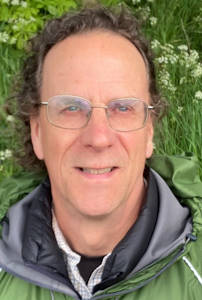
Duncan M Simpson trained as a journalist, but after that summer in a youth hostel, he carried on working for the Youth Hostels Association (YHA) of England and Wales. After a career in hostel operations, marketing, and PR, he retired as YHA’s Head of Corporate Affairs in 2013.
Since then, Mr Simpson has focused on the history of youth hostels at Simply Hostels, a website and blog, and three independently published books, including Open to All: How youth hostels changed the world.
As of this “Good Tourism” Insight, Duncan was in the process of launching Light travels on Substack. Mr Simpson contributed this “GT” Insight at the invitation of Tourism’s Horizon: Travel for the Millions, a “GT” Partner.
Featured image (top of post)
“Those cars, that quiet street. You won’t find it like that today! The youth hostel in Cambridge about the time I worked there.”
Photo courtesy of the YHA archive at the Cadbury Research Library, University of Birmingham. “GT” added “THEN = NOW?”
Now = then?
